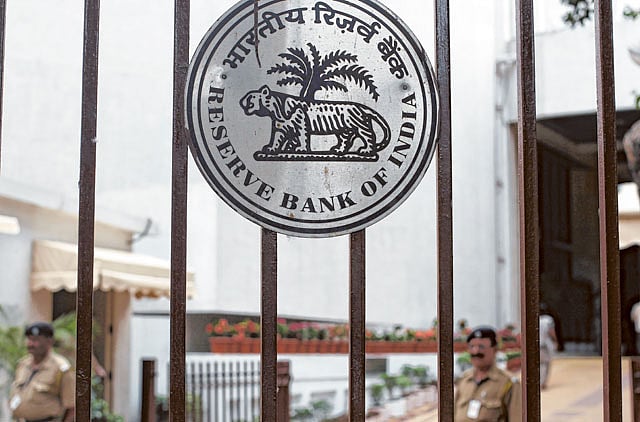Indian asset manager sees strong investment case for equities and debt
Future yield compression points to gains in fixed income assets

Dubai: India’s improving economic fundamentals, stabilisation of rupee and a potentially stable government in Delhi after the elections make a strong investment case for Indian equities and debt said Praveen Jagwani, Chief Executive Officer of UTI International, the global arm of UTI AMC, one of India’s leading asset management companies.
Jagwani sees Indian bonds as a fantastic investment opportunity for global investors as a round of yield compression is in the offing resulting from Reserve Bank of India’s (RBI) hawkish stance on inflation and interest rates is bound to bear fruit in terms of lower inflation and interest rates in the near future.
“There isn’t much recognition among investors on Indian debt opportunities. In most cases chief investment officers [CIOs] of foreign funds only know about Indian equities and Indian growth. In general their awareness of emerging market local currency debt is very limited. For a long time, the Indian debt market was relatively closed for the foreign investors,” said Jagwani.
Spreads on emerging-market bonds have been narrowing since last summer’s “taper tantrum,” a reflection of the improved fundamentals in some of these markets. In India inflation and rupee’s stability remain key concerns, but the strong policy responses are expected to narrow the spread between Indian government bonds and US Treasuries in the near future.
Currency slide
RBI has given a lot of stability to the rupee. The RBI measures combined with curb on imports have narrowed the current-account deficit. “The country has demonstrated its ability take strong and swift action in the face of a currency slide and capital outflow that has differentiated India from other emerging markets,” said Jagwani.
Jagwani is bullish on Indian fixed income market due to the current high yields and strong credit offered by the Indian government securities and corporate bonds. Macroeconomic indicators such as current account deficit, import cover and inflation are getting better hence interest rates are likely to go down soon. With the likely interest rates rise in US, foreign investors are expected to hunt for fixed income markets where the interest rates are likely to go down so that they can offset their immediate loss in US markets.
Post-election, on a relative value trade, Indian equities are expected to attract more foreign funds. In many markets including the US the valuations are already very high. “Currently in the US, the market is trading above trend-line. Their long term PE (Price to Earnings) is 13.5 and they are trading at around 15.5. Investment choice in this kind of scenario is not difficult as they need only to scan the horizon and see where they get the maximum return on investment. In risk adjusted return, India seems to score better than many of the emerging markets,” he said.
Surge in commitment
The recent rally on Indian markets has been largely driven by FII investment flows. Post-election, domestic investor participation is likely to pick up pace depending on the outcome. “If there are no big surprises we expect a further surge in commitment from foreign investors. Along with that we expect domestic investors to commit more funds to the market,” he said.
UTI international sees strong investment flows from the Middle East to Indian markets this year. “The Middle East is a very key market for us because of the historical, cultural and economic ties with India. There are growing opportunities to invest in some of the strongest public sector entities and quasi sovereign entities with solid fundamentals,” said Jagwani
Sign up for the Daily Briefing
Get the latest news and updates straight to your inbox
Network Links
GN StoreDownload our app
© Al Nisr Publishing LLC 2025. All rights reserved.